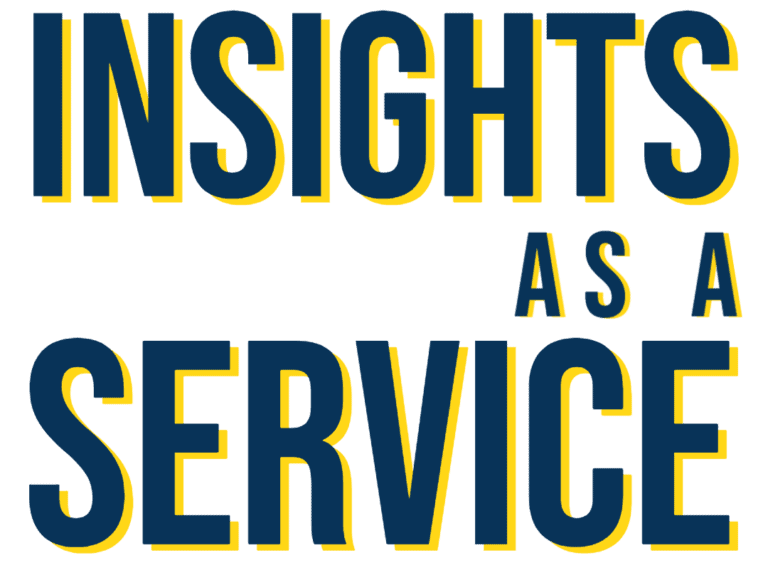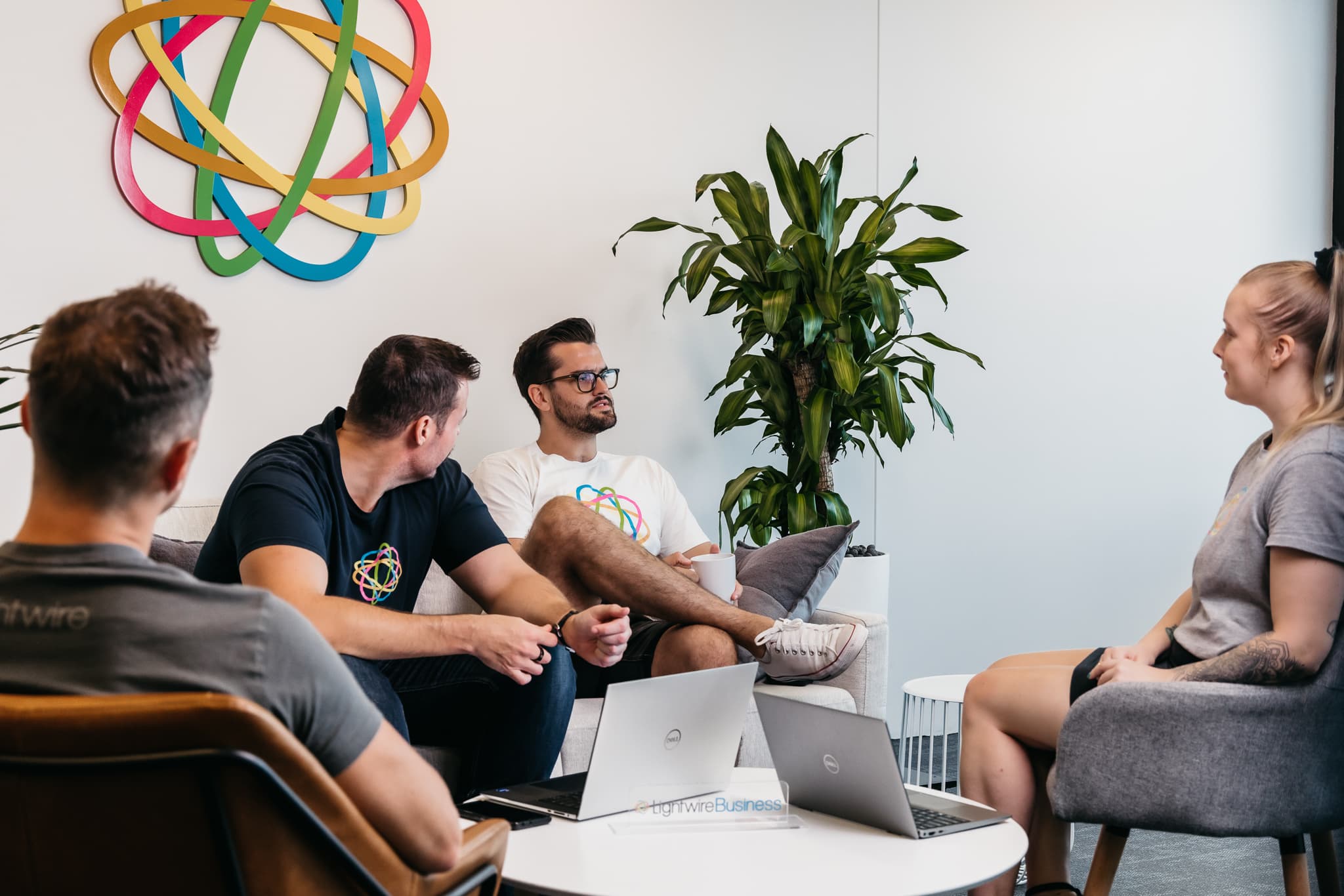Zack Levy worked in legal and commercial roles within some of the biggest IT companies going around before buying into, and subsequently running, Strut, an IT company that had big goals. He talks to us about how he engineered the buy in, and how a 10 year plan turned out to be very different than he thought when Deloitte came knocking.
Timestamps:
- 0:00 Insights as a Service intro
- 1:15 Zack Levy journey into the Cloud
- 7:24 Keys to success in the Cloud
- 13:06 Growing Cloud MSP Profit by 8x
- 22:02 How AWS changed the game
- 28:30 The toughest part of Cloud transformation
- 30:34 Disrupt or be disrupted
- 34:14 Buying into an MSP
- 41:40 Tips for buying into an MSP
- 45:00 How to manage MSP stakeholders
- 47:33 Sales strategy to win in the Cloud
- 53:10 Getting acquired by Deloitte
- 1:02:56 Cultures different sized MSPs
Interview Zack Levy
Brendan Ritchie
OK, so Zach, you’ve been at at Deloitte for four and a half years now and before that, Strut right? For me, one of the key reasons I want to talk to you is around that whole Strut acquisition. You getting involved with Strut, the really impressive list of clients Strut had. I think there’s a hell of a lot. first, from probably customer acquisition, M&A sort of strategy implementation, cultural fit around Strut versus Deloitte, just that whole process.
But before we jump into all of that, I kind of want to get, I guess, give you a chance to give us a feel as to, you know, how you got to this point. So I did the whole LinkedIn deep dive and went back a way and you’re a lawyer turned I.T. guru guy or vice versa?
Zack Levy
It’s probably the other way around. It’s an IT guy that got a bit lost as a lawyer. I always tell people I didn’t pick IT, IT picked me.
Because ever since I was a young kid, I had an attraction to gadgets that weren’t very sophisticated at the time, but I had always used to take them apart and put them together again.
It was when I was 13, when I nagged my parents and used every excuse and I got for my birthday an Apple 2C.
If you remember the Apple devices at the time had a fraction of the processing power that this watch got. It was big and massive laying on the table and the screen was about that big and it was green.
But it means that I’ve taught myself how to how to code and play games and all sorts of things, I really had a passion for it. And then I’m originally from Israel, and when you’re 18, you go to the army and the army picked out that.
I’ve got a knack for it. They’ve trained me further on taking to more like mainframe computer operations and cutting code in a more professional way. I really got into it and I did that for about three years and I went to the private market because when you’re in the army, all you want to do is go to the private sector and make some real money. Then they buried me in the dungeon and made me cut code and I’m really more of a people person. So so I said, Well, that’s not really something for me. I need a change of pace.
I saw probably too many lawyer shows on TV, so I thought that would be an interesting profession to do and I’ll interact with people too. I went to study law and I did that for a while, only to realise that my real passion is really with IT.
So I kind of took my legal skills and I was an in-house legal back into IT. I was an in-house legal counsel for technology companies for a while. And this is where I really realised that I really got a passion for everything that happens in technology, and around technology how technology can really enable people to have superpowers. That’s such a thing for me, I find that so exciting and especially the first big technology company that I work for as an in-house legal counsel, their claim to fame was that they invented Voice over IP.
Brendan Ritchie
Was that Vocal Tech?
Zack Levy
Vocal Tech. So I was Vocal Tech’s in-house legal counsel from 1998 to 2000. And it was just it just opened my eyes to technology, what it can do now, M&As, everything around that. And then I doubled down.
I didn’t want to be the lawyer going on, you know, alongside and escorting people on a transaction. I wanted to be in it. I wanted to get my hands dirty in the tech, so I left them and then I moved to an incubator.
That was kind of like, you know, I had a portfolio of companies. Different levels of maturity raising money, helping them scale. And then I really wanted to take that further, and I thought it would be good if I did a business degree.
And that’s how I ended up in Australia. I came here to do a master’s degree in Macquarie Uni. Right, and then and then and then I met a girl, which happens kind of often. And I got married, so I didn’t go anywhere, so I had to find a job.

![Mastering Tech Recruitment: Key Strategies for MSP Leaders | Insights as a Service [62]](https://insightsasaservice.fm/wp-content/uploads/2023/09/Mastering-Tech-Recruitment-Key-Strategies-for-MSP-Leaders-Insights-as-a-Service-62-300x169.png)
![The ideal sales team structure Insights as a Service [61]](https://insightsasaservice.fm/wp-content/uploads/2023/08/The-ideal-sales-team-structure-Insights-as-a-Service-61-300x169.png)
